Web-based training
Developing Applications with IBM Business Monitor V8.5.5 - ZB895G
An updated version of this course is available. For more information, click Development and Administration of Applications with IBM Business Monitor V8.5.7 (ZB896G).

Description
In this course, you learn how to develop monitoring applications with IBM Business Monitor while also learning business process management (BPM) techniques and skills.
IBM Business Monitor is a business activity monitoring (BAM) product that supports BPM by measuring business performance, monitoring both InFlight and completed processes, and reporting on business transactions. This course includes topics of interest for students who want to use the IBM Business Monitor environment to develop applications.
In this course, students learn how to develop, implement, and test IBM Business Monitor applications so that they can generate real-time business views of enterprise data. The course begins with an overview of BAM and BPM in a service-oriented architecture (SOA), and the capabilities that IBM Business Monitor provides. In subsequent units, students learn how to build monitor models, establish performance metrics, monitor events, manage action services, debug the model, and build a business space dashboard. Students also learn how to enable events from various sources, including IBM Business Process Manager Advanced and IBM Integration Bus.
From the hands-on exercises that are provided throughout the course, students develop and implement a monitoring solution. The exercises include how to use the various components of IBM Business Monitor, such as the IBM Cognos Business Intelligence and the Monitor development toolkit, for reporting and dimensional analysis along with WebSphere Application Server. Students use the Monitor development toolkit to develop a monitor model, and then they use the IBM Integration Designer test client to test the model. Students also build customized business space dashboards that can be used to analyze and troubleshoot process performance.
The lab environment for this course uses the Windows 2008 server R2 64-bit platform.
For information about other related courses, visit the IBM Training website:
http://www.ibm.com/training
If you are enrolling in a Self Paced Virtual Classroom or Web Based Training course, before you enroll, please review the Self-Paced Virtual Classes and Web-Based Training Classes on our Terms and Conditions page, as well as the system requirements, to ensure that your system meets the minimum requirements for this course. http://www.ibm.com/training/terms
Course introduction
Overview: BPM, BAM, and IBM Business Monitor
Exercise: Exploring IBM Business Monitor
IBM Business Monitor architecture and integration
Exercise: Creating a monitor model
Monitoring events
Exercise: Selecting events and generating a monitor model
Monitor development toolkit and monitoring concepts
Using the Monitor model editor to define elements
Exercise: Building the monitor model with the Monitor development toolkit: Part 1
Concepts of dimensional and visual models
Defining dimensional, KPI, and visual models
Exercise: Building the monitor model with the Monitor development toolkit: Part 2
Deploying a monitor model
Exercise: Deploying and running the monitor model and the application
Managing action services and event emissions
Exercise: Managing action services
Using the Integrated Test Client
Using IBM Business Monitor business space dashboards to manage business processes
Exercise: Building dashboards in IBM Business Monitor
Debugging IBM Business Monitor
Processing events from other products
Exercise: Processing events from IBM Integration Bus
Course summary
Aim
After completing this course, you should be able to:
Explain monitoring concepts
Describe the architecture of IBM Business Monitor
Explain how IBM Business Monitor retrieves business data from various sources
Generate events by using Dynamic Event Framework
Develop the business measures mode
Test Monitor models by using the unit test environment servers
Configure the Action Services Manager
Configure Business Monitor widgets in a business space
Participant requirements
Before taking this course, you should have a fundamental understanding of service-oriented architecture and related WebSphere products.
Participant
This intermediate course is designed for implementation consultants, integration developers, IT specialists, project managers, technical business analysts, and support engineers.







